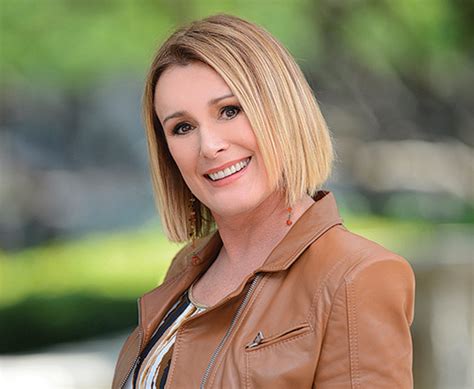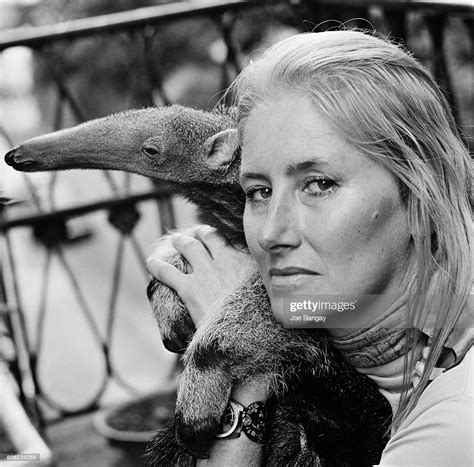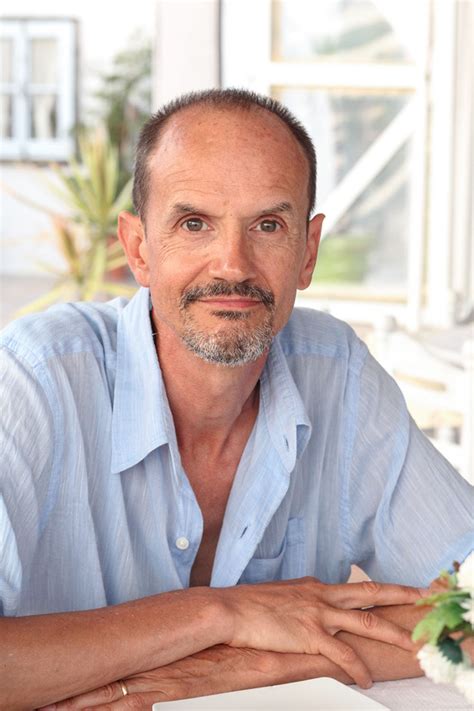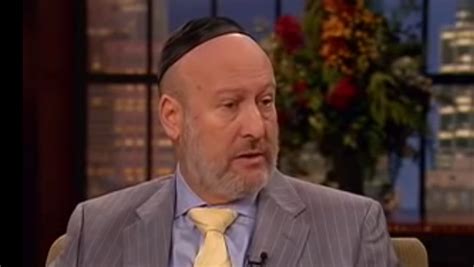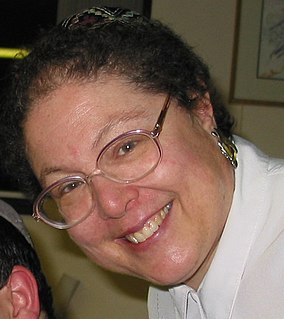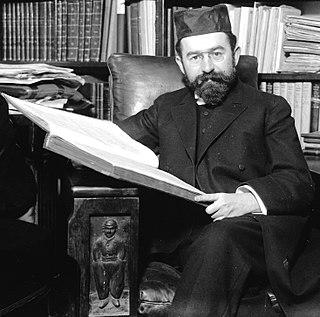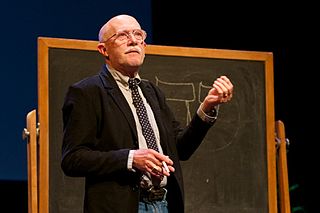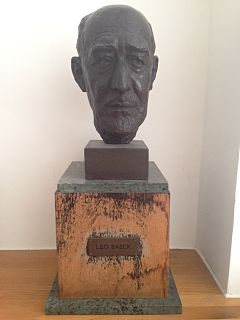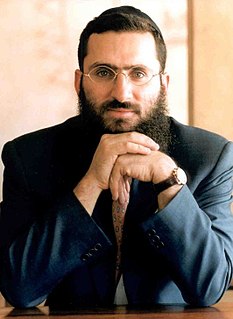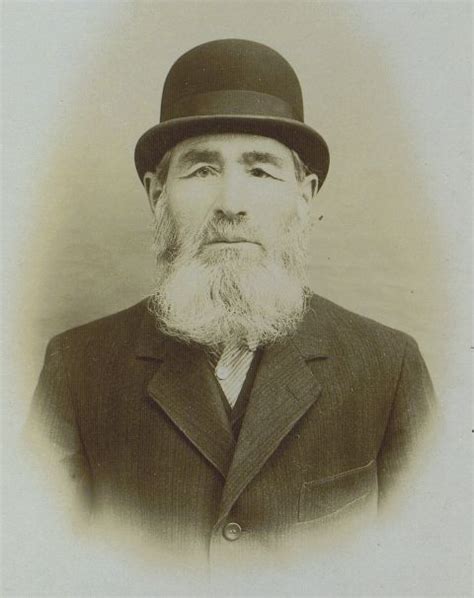A Quote by Harold S. Kushner
There seems to be something in the human soul that causes us to think less of ourselves every time we do something wrong... And maybe it is good for us to feel that way. It may make us more sensitive to what we do wrong and move us to repent and grow.
Related Quotes
A relationship that has any depth and power at all will inevitably penetrate our usual shield of defenses, exposing our most tender and sensitive spots, and leaving us feeling vulnerable - literally, 'able to be wounded.' To love, in this sense, is to open ourselves to being hurt. The dream of love would have us believe that something is wrong if a relationship causes us pain. Yet trying to avoid the wound of love only creates a more permanent kind of damage. It prevents us from opening ourselves fully, and this keeps us from ever forming a deeply satisfying intimate connection.
We see ourselves in other people’s eyes. It’s the nature of the human race; we are a species of reflection, hungry for it in every facet of our existence. Maybe that’s why vampires seem so monstrous to us—they cast no reflection. Parents, if they’re good ones, reflect the wonder of our existence and the success we can become. Friends, well chosen, show us pretty pictures of ourselves, and encourage us to grow into them. The Beast shows us the very worst in ourselves and makes us know it’s true .
It is our genetic nature as a species to believe as young children that our parents and elders are right. We watch them to see what's what. Later on we can judge for ourselves and rebel if need be, but when we're just months old, or a year or two, and a parent looks at us with impatience, or disgust, or disdain, or just leaves us there to cry and doesn't answer us even though we're longing to be embraced and nurtured, we assume that something must be wrong with us. Unfortunately, at that age it's impossible to think there might be something wrong with them.
The mythology around colorblindness leads people to imagine that if poor kids of color are failing or getting locked up in large numbers, it must be something wrong with them. It leads young kids of color to look around and say: "There must be something wrong with me, there must be something wrong with us. Is there something inherent, something different about me, about us as a people, that leads us to fail so often, that leads us to live in these miserable conditions, that leads us to go in and out of prison?"
I often think that the ideal of our perfection that we set up, and often go through torture to achieve, may not be God's idea of how He wants us to be at all. That may be something quite different that we never would have thought of, and what seems like a failure to us may really be something bringing us closer to His will for us.
The mistake we make is that when we're feeling another person is not treating us in the way that makes us feel secure and loved, we fixate our attention on that person and what's wrong with them. We also fixate on what's wrong with us. Instead, we can bring forward two wings of awareness: the wing of mindfulness (noticing what's going on inside us) and the wing of kindness (compassion to what's going on inside us).
It seems to me that all of us, in our own way, have our own personal lagos. We all have within us a voice that is whispering doubt, that is whispering suspicion, that's telling us there's something wrong, there's something missing, there's something that should be different. And we easily become hypnotized by that voice of doubt.
If we can get that realistic feminine morality working for us, if we can trust ourselves and so let women think and feel that an unwanted child or an oversize family is wrong -- not ethically wrong, not against the rules, but morally wrong, all wrong, wrong like a thalidomide birth, wrong like taking a wrong step that will break your neck -- if we can get feminine and human morality out from under the yoke of a dead ethic, then maybe we'll begin to get somewhere on the road that leads to survival.
Seeing yourself reflected on screen is a very important part of being human. It makes us feel less alone, it make us feel more connected to humanity. Women, gay men, and trans people for a long time have not seen themselves represented, so being able to show the complexities that we all have - just as complex stories as a heterosexual white male - is crucial for us to feel more human and have other people see us as human beings.
There may be a time in life when one is tired of everything and feels as if all one does is wrong, and there maybe some truth in it- do you think this is a feeling one must try to forget and to banish, or is it 'the longing for God,' which one must not fear, but cherish to see if it may bring us some good? Is it 'the longing for God' which leads us to make a choice which we never regret? Let us keep courage and try to be patient and gentle. And not mind being eccentric, and make distinction between good and evil.
The primary function of poetry, as of all the arts, is to make us more aware of ourselves and the world around us. I do not know if such increased awareness makes us more moral or more efficient. I hope not. I think it makes us more human, and I am quite certain it makes us more difficult to deceive.


